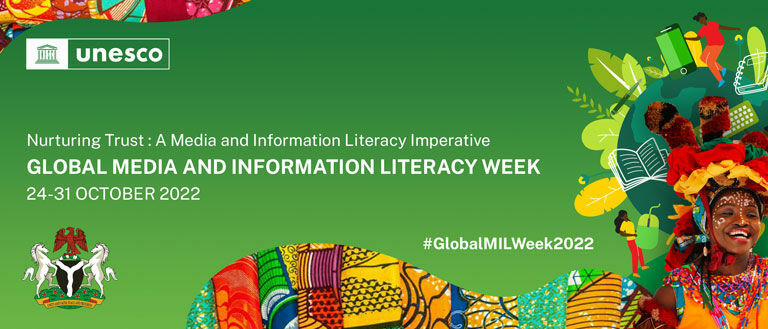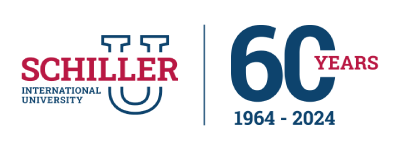
Because of its long-standing commitment to media and information literacy, Schiller International University put together this highly engaging experiential workshop to allow students not only to learn about media and information literacy but also to take a leading role in sparking reflection about this crucial question. The workshop allowed to disseminate the importance of critical media and information literacy thinking skills among students and made it visible to Unesco that Schiller International University, as an educational institution, provides this vital support to its students since the first day of their academic journey.
The first session “Information Literacy & Fake News” was presented by Vilma Silva Butym, Global Librarian/E-Book Coordinator & Digital Content Manager at Schiller and offered general data about information and literacy principals and how students should extract reliable information from the Internet or any other informational environment. To connect information and literacy with the current Digital Age, this session introduced the issue of fake news., with a specific focus on the Framework for Information Literacy created by the Association of College & Research Libraries/ALA, and its importance and practical application to test and validate reliable information in all media and formats.
Two other well-known information testing methodologies were presented: IFLA – FactCheck.org 2016 (International Federation of Library Associations & Institutions) and the CRAP Test developed by information specialist Molly Beestrum. Emphasis was also given to fake news on social media, with a socio-behavioral study shared on the role of different media factors in building users' fake news identification behaviour, as well as two other examples on fake news: “Remember the Maine” in 1898 and the “Covington Kid” social media case, in 2019.
The second session “Fostering Media & Information Literacy in International Affairs” was presented by Dr. Myriam Benraad, Global Academic Chair in International Relations & Diplomacy at Schiller International University and concentrated on the ways to build media and information literacy among students within International Relations & Diplomacy degree programmes. Existing research shows that IRD students are engaged in a global media environment and in need for a set of skills to be able to critically analyze and evaluate media sources and contents. Reflecting on “digital natives” and the significant disparities between them, the students discussed the question of data literacy that is not uniformly distributed among young people across the world, and the extensive political, social, economic, as well as cultural divides in the use of digital technologies for the collection of media and information materials.
Three main areas were discussed, each of which allowed students to share their own experience: data thinking, which covers critical assessment, understanding, and reliability skills; data doing, which focuses on practical skills for better handling and managing data; and data participation, in reference to young people’s shared experience of digital society. Students were asked to formulate recommendations and policy steps to reduce global inequality in media and information literacy and promote greater global justice in this specific area.
Students’ understanding of the proposed experiential learning activities was impressive, as well as the critical skills that they displayed during the discussion. They provided a number of experimental contributions and suggested some concrete ideas to achieve equal media and information literacy in international society, which is one of the core priorities of Schiller International University.

 Request information
Request information









